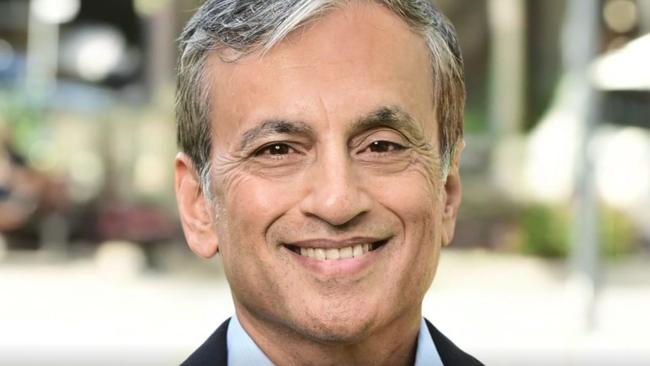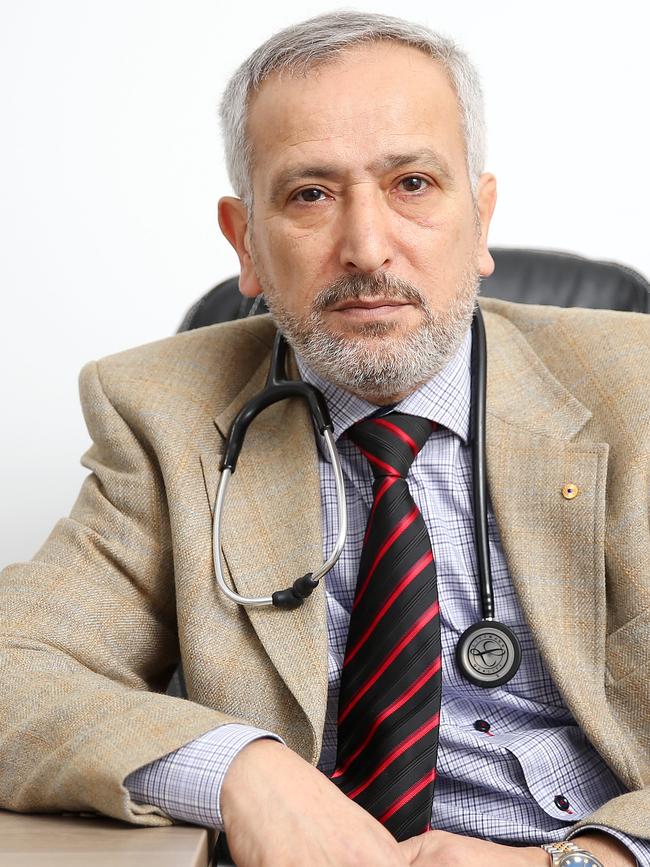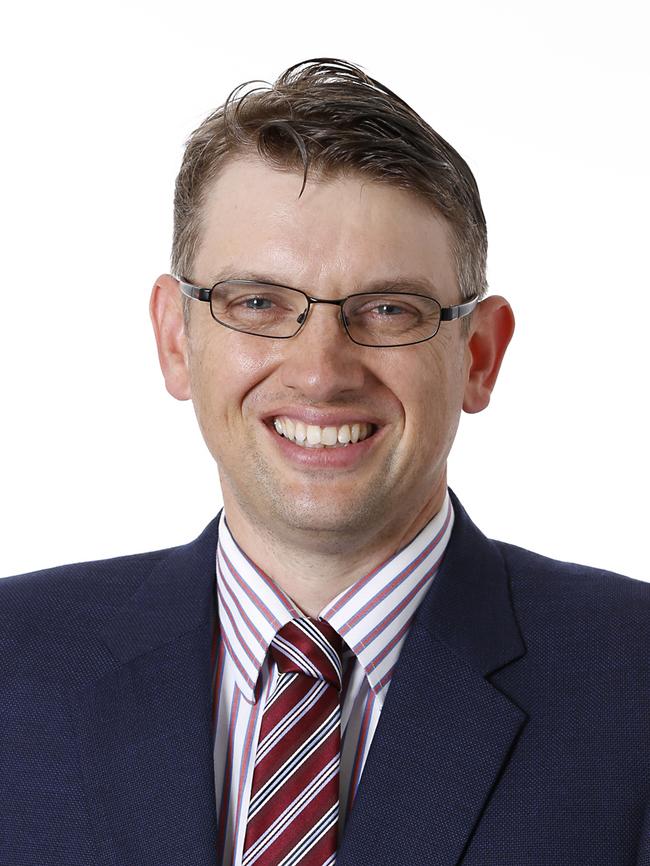Religious leaders slam Cook candidate’s anti-Islam posts, book
Religious leaders have criticised anti-Islam remarks by a Cook by-election candidate who calls the religion a ‘cult’ and claims that ‘Islam apologists’ are as bad as 9/11 deniers.

Religious leaders have criticised anti-Islam comments by a Cook by-election candidate who has called the religion a “cult” that would “cause immense strife” and claims that “Islam apologists” are as bad as 9/11 deniers.
Author Vinay Kolhatkar, the Libertarian Party candidate to fill former prime minister Scott Morrison’s seat, also said Islam should be “delegitimised” so it was easier to “constrain”.
The comments were within a series of old Facebook posts and a book, which suggested that young Muslims “shared” Islamic State’s “fundamental premise” and were drawn to “fundamentalism”.
“It is rational to oppose the ideologies of climate fraud and Islam,” Mr Kolhatkar wrote.
In another comment, he said: “I disagree with the recommendation to stop third-world immigration because Islam is a cult … different (from those countries).”
Voters will go to the polls on Saturday – amid societal tensions since the onset of the Israel-Hamas war, and rising Islamophobia and anti-Semitism – where Liberal candidate Simon Kennedy is the overwhelming favourite.
Muslim community leader Jamal Rifi said Mr Kolhatkar “had no idea about Islam or Australian Muslims”, calling the views “bigoted”; Faith NSW chief executive Murray Norman said the singling out of a community “undermined” multicultural society.
In another post, Mr Kolhatkar claimed “Islam apologists” were comparable to “flat-earthers”, suggesting there were no “moderate” Muslims and sharia law was the “greatest threat” to civilisation.
A 2016 book he co-wrote also contained passages that suggested young Muslims were attracted to ISIS’s message and drawn to fundamentalism. “This (an alleged fundamental reading of religious text) is one dynamic by which ISIS appeals to young Muslims,” says the book, co-written with an American writer.
“It has been said that Muslims rejected the horror of these groups, which is true … And yet, we are left with the question: To what extent do Muslims share the fundamental premises of ISIS?”
The passage suggested that “thousands” of young Muslims wanted to join terrorist groups and the book questioned “how many non-militant Muslims … sympathise with jihadists and ISIS”.

Other passages claimed that “virtually all” terrorist attacks were committed by Muslims and that people should have “absolute contempt” for Islamophobia, suggesting it doesn’t exist.
It advocated “challenging the legitimacy of Islam” so it would be “easier to constrain” and that no country should have a “majority” of Muslims.
Mr Kolhatkar also criticised imams for “reciting and memorising” Islamic texts and, in a 2018 article, suggested that Islam “foments terrorism,” held significant sway at the UN and among political parties, and that there may be something “intrinsic to Islam” the media “wished to hide”.
Mr Kolhatkar is of Indian descent but a three-decade-long Australian citizen; it is understood he is atheist.
Dr Rifi said “without a doubt”, Mr Kolhatkar’s views had “no place in parliament”.
“It seems to me that people who want to be noticed or claim the bigoted vote think that one of the things they can do is vilify Australian Muslims to get attention,” he said.
“Those comments are shortsighted and are from someone living in a bubble.”
Dr Rifi said Mr Kolhatkar was “beating the wrong drum”, given the work between locals in the area and the Muslim community since the 2005 Cronulla riots.

“They (voters) know who we are; we have a mutual friendship and respect,” he said.
Mr Norman, whose organisation is an umbrella group of the state’s faiths, criticised the comments, noting a rise in hate incidents.
“An attack on one faith is an attack on us all, and now is the time for everyone to carefully consider language and conduct,” he said.
“Hate leads to violence, and we need to ensure faith communities are protected from violent attacks and inflammatory remarks.
“At this challenging time it is more important than ever that our leaders elevate the standard to promote productive, inclusive and accepting platforms for dialogue and collaboration.”







To join the conversation, please log in. Don't have an account? Register
Join the conversation, you are commenting as Logout